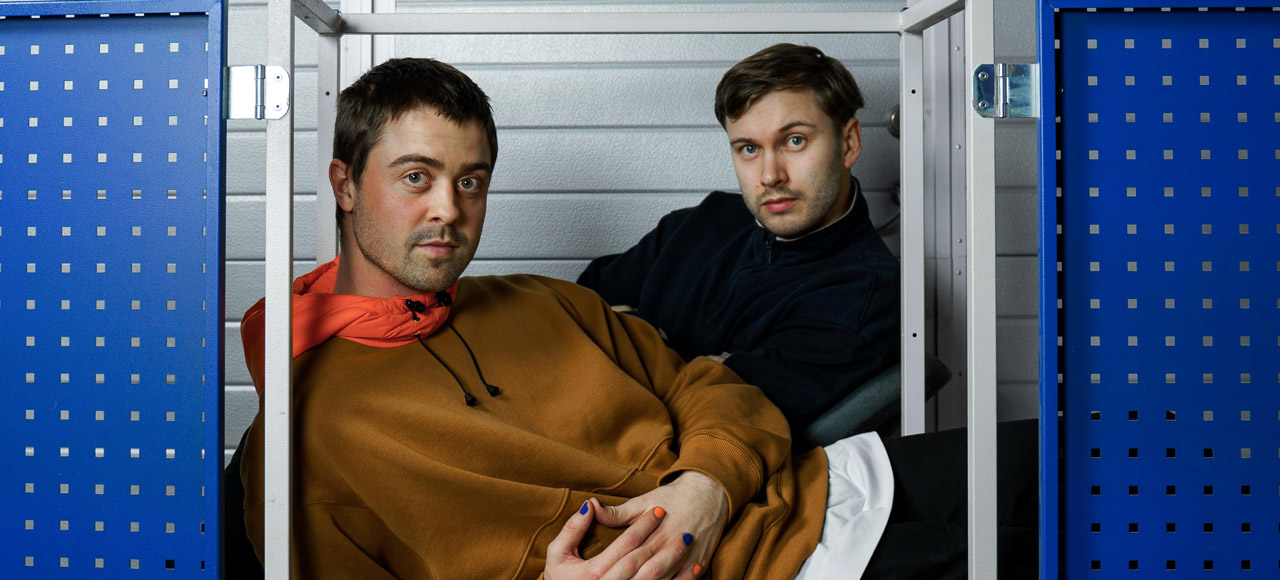
On the border of the polar circle, 9 months old neighbours Axel Landström and Victor Isaksson met for the first time at the common playground. Today the playmates explore narratives and materials with ”konceptfabriken” Lab La Bla, based in Malmö, Sweden.
LAB LA BLA works at the border of abstraction and function and blurs the boundaries between design, art and science. They are driven by how objects can function as a catalyser for discussion and always look for fun and absurd ways to hack traditional processes. The studio dedicate their work to the creation of furniture, objects, sculptures and materials the are linked to cultural values, storytelling and sensorial experiences. Their work offers a reflection on the incessant cycle of mass manufacturing and a reaction to existing systems of production and consumer culture.
Bread Nouveau is an investigation into the resurrection of industrial waste and how to shift Swedish waste streams into value chains. In the context of the climate crisis, when millions of tonnes of industrial waste is burnt for energy or piled up in enormous deposits we have have to focus on topics centered around the transformation of material surplus and by-products. Even though we have readily available resources at hand the extraction of raw materials from our environment continues to expand. This is what we want to change.
Our innovation is a wheat gluten-composite, compiled of waste from Sweden’s three biggest natural resource industries – mining, forestry and agriculture; developed in a cross-disciplinary collaboration between design, industry and science. Our research with Dr. Ramune Kuktaite and William Newson at the Plant Breeding department, SLU Alnarp, has been focused on transcending wheat from food to matter by utilizing non-food grade gluten as a biodegradable binder. The gluten-composites have applications spanning from packaging and single use products to construction and textiles – making our innovation a possible product for several markets. They are biodegradable in soil after 60-90 days and when decomposed it turns into a fertilizer, providing nutrients to the soil.
By incorporating otherwise useless industrial waste into bio-composites we can extend other material’s life cycles, proving for industry that value actually can be gained from these “lifeless matters”. Today – more than ever – we are in need to change current linear production and consumer culture towards a more regenerative, circular way of consuming products/materials, and provide new alternatives to toxic plastics and other irresponsible materials.
